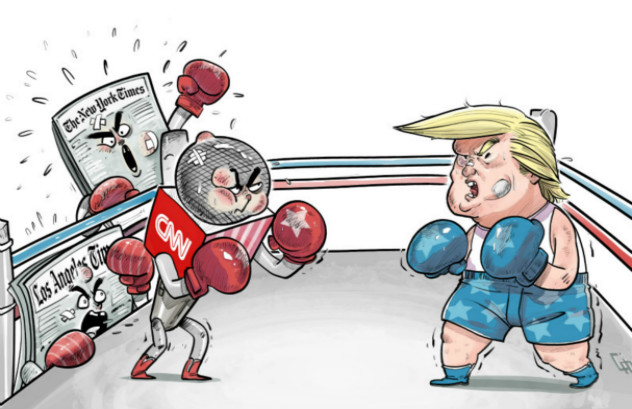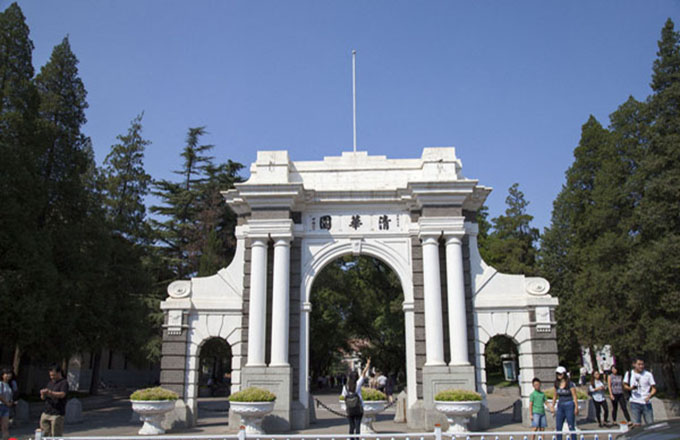Trump's nuclear wake-up call could rekindle arms race with Russia
TRUMP'S REAL PURPOSE
Trump's attitude towards Russia has shifted greatly after taking office on January 20. Affected by the incident of Michael Flynn, Trump's former national security advisor who got fired for not being truthful with the vice president about his communications with the Russian ambassador to the US, Trump has felt the immense resistance among the American political elites on improving US-Russia ties. If not adjusting his position, his reign might be seriously challenged.
Liang Yabin, senior researcher of Pangoal Institution, said that since Trump took office, his policies have been continuously boycotted both inside and outside the United States, giving way to exaggeration that external threats could be an effective means for him to consolidate power. The statement is also viewed as the implementation of his campaign slogan "Make America Great Again."
From a broader perspective, the statement reflected America's strategic shift from a balance of power to unilateral strategic advantage as the US hawkish worries that its limitation of nuclear capabilities will connive at Russia's nuclear ambitions.
US-RUSSIA RELATIONSHIP IN JEOPARDY
Some international media believe Trump's new statement could mean restart of a nuclear arms race between the two big powers, further complicating bilateral relations.
According to Liang, the two nations have already begun playing the dangerous game with military build-up in Eastern Europe, including NATO's moving troops to Poland and Lithuania.
Li Yonghui, a researcher with the Chinese Academy of Social Sciences, said that Trump's policy on Russia is still a work on progress. In face of strong resistance, Trump may contact with Russia progressively. If the two leaders could meet as reports have said, the United States' policy on Russia could surface by then.
The Russian side has so far maintained restraint and avoided directly attacking Trump. Kremlin spokesman Dmitry Peskov recently said it's still too early to say what course bilateral relations would take.
"We never wore rose-tinted glasses, never had any illusions, so there is nothing to be disappointed with," Peskov said.
Observers said there is room to maneuver on U.S-Russia ties, but it is difficult to make substantial improvement, adding that structural contradiction will make US-Russia conflicts on nuclear weapons, missile defense and the issue of Ukraine continue.


















